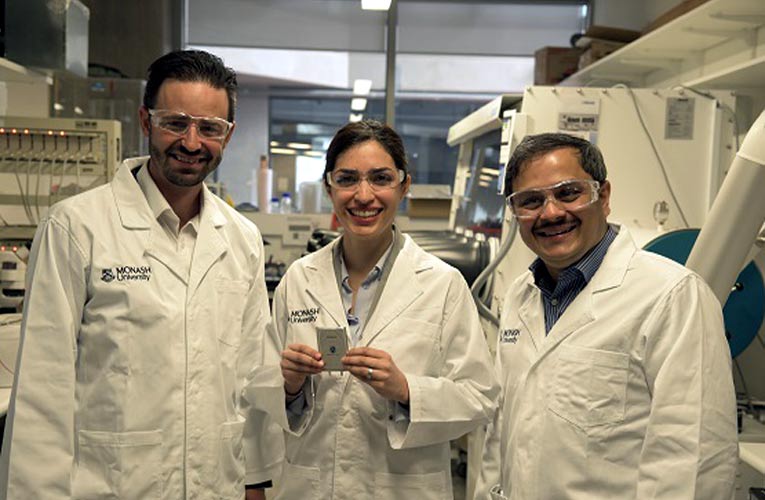
Researchers at Monash University have published a research article on how they have developed the world’s most efficient lithium-sulphur (Li-S) battery that could power a smartphone continuously for five days. The battery is suitable for applications like mass power storage and electric vehicles (which can travel 1,000 km without recharging). The ultra-high capacity Li-S outperforms in terms of better performance and less environmental impact than the current lithium-ion products available.
The Li-S technology has undergone development in the past too but has never been released due to the low number of possible recharge cycles compared to the lithium-ion batteries found in most devices today. The researchers reconfigured the design of sulphur cathodes using the same materials in standard lithium-ion batteries so that higher stress loads could be accommodated without a drop in overall capacity or performance.
The team took inspiration from the unique bridging architecture first recorded in processing detergent powders in the 1970s. Thereafter, a method that created bonds between particles to accommodate stress and deliver a level of stability not seen in any battery to date was engineered. With key features like attractive performance, low manufacturing costs, abundant supply of material, ease of processing and reduced environmental footprint, the all-new Li-S battery design becomes the best option for future real-world applications. The development of this battery can transform the way phones, cars, computers, and solar grids will be manufactured in the future.
Some of the world’s largest manufacturers of lithium batteries in China and Europe have expressed interest in up-scaling the production, with further testing to take place in Australia in early 2020. The research team has received more than $2.5m in funding from the government and international industry partners for the trial of lithium-sulphur battery technology in cars and grids.

